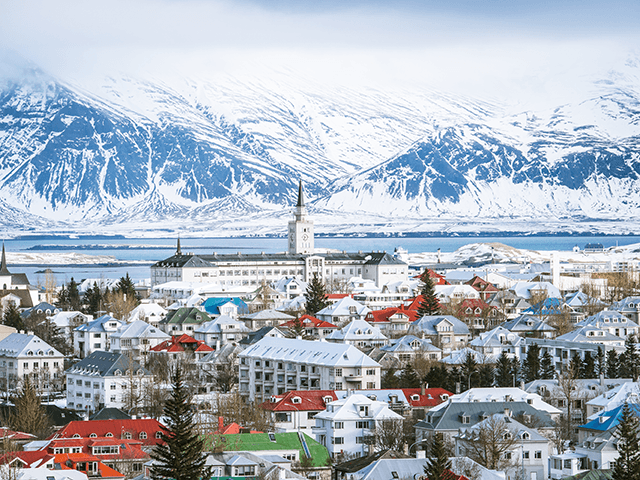Southwest Iceland has experienced over 20,000 earthquakes since February 24, according to the Icelandic Meteorological Office.
“The office said magma movements are likely the cause of the current surge on the Reykjanes Peninsula, raising fears of a volcanic eruption,” CBS News reported Friday.
There were over 3,100 earthquakes on the peninsula in the last 48 hours, the office said at the time, adding at least 63 of them were magnitude three or higher.
“A magnitude 3 earthquake can be felt, but rarely causes damage; as the number increases, the earthquakes become more dangerous,” the CBS report continued.
The term “swarm” refers to a sequence of mostly small earthquakes without an identifiable mainshock, according to the United States Geological Survey’s website.
“Swarms are usually short-lived, but they can continue for days, weeks, or sometimes even months. They often recur at the same locations. Most swarms are associated with geothermal activity,” the site read.
The majority of quakes after the February 24 event were minor, but Reykjavik residents felt the shaking for days, some “waking up with an earthquake, others [going] to sleep with an earthquake,” according to Thorvaldur Thordarson, who is a professor of volcanology at the University of Iceland.
However, Thordarson said there is “nothing to worry about” because the quakes have been minor and distant enough to leave the area unharmed, LiveScience.com reported:
If any of southern Iceland’s volcanoes do blow their tops in the coming weeks, the eruptions will be both expected and manageable. According to Thordarson, southern Iceland’s volcanoes experience “pulses” of activity every 800 years or so, and the last pulse occurred between the 11th and 13th centuries. Iceland is “on time” for another eruption cycle, he added.
Although Iceland’s government initially said a pulse could lead to a volcanic eruption, the Scientific Council for Civil Protection explained Friday that data from the previous 24 hours does “not give any indication that magma is moving closer to the surface.”
“During this period, there is not a high probability of an eruption,” the council continued, but added, “The situation can change rapidly.”

COMMENTS
Please let us know if you're having issues with commenting.